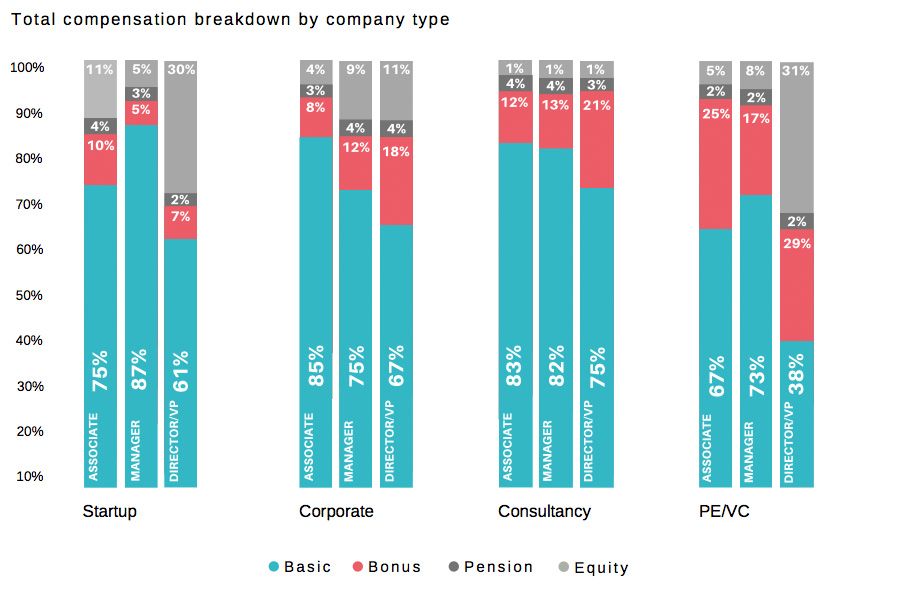
There are many options available to you if you want to make a career out of operations consulting. Many consulting firms offer both project-based services and long-term retained relationships. Consultants in this field have experience working with agencies and can offer their clients valuable advice. These consultants offer practical solutions and a competitive salary.
Operations consultants have a bright future
If you are passionate about helping companies improve, an operation consultant might be a good career choice. This type of consultant helps businesses find areas of inefficiency and waste, and then creates a more efficient and profitable business. This career can be very rewarding. Some consultants specialize in particular functions or industries, while others are generalists. No matter your choice, you must stay abreast of new technologies and be ready to work long hours.
A bachelor's degree in a relevant field is usually necessary to become an operations consultant. Additionally, you will need to have work experience in this industry. An education in statistics or business administration may be helpful. Also, operations consultants should be skilled in communication.

Operations consultants: Salary range
While the actual salary range for operations consulting is not established, there are some general benchmarks. This role requires collaboration with many stakeholders in an organization to collect detailed requirements that align with company goals. It also requires a strong understanding of the organization's existing processes. Some consultants also work closely with compensation specialists and HR managers. These consultants often employ salary data tools, benchmarks and surveys to help them calculate their compensation.
Operational consultants usually earn between $90k- $120k. However, it is possible for the actual salary to vary depending on several factors such as company, job title and experience.
Operations consultants need to be educated
Education requirements for operations consultants depend on the industry in which they practice. Many operations consultant start out their careers as business analysts or research assistants. Later, they work their way up to senior project management and/or project manager roles. Once they have acquired the necessary skills and established a client network, they might be eligible to join a consulting company as partners.
Operations consultants typically have a bachelor’s degree in a relevant area. This could include management science, statistics or information technology. These degree programs provide practical training and knowledge in areas that operations consultants specialize in. Additionally, advanced degrees can help operations consultants gain more clients and higher fees.

As data becomes easier to access and companies become increasingly data-driven, operations consulting will be in high demand. Lean manufacturing, which focuses on decreasing waste and improving efficiency, is also becoming more popular.
FAQ
Why hire consultants?
There are many reasons why you might need to hire consultants:
-
A specific project or problem may be a challenge for your company.
-
You want to increase your skills and learn something new
-
You want to work closely with experts in a certain field
-
There is no one else available to handle the task
-
You feel overwhelmed by all of the information out there and don't know where to start
-
You don't have the money to pay someone full time
Referrals are the best way for you to find a qualified consultant. Ask your friends and colleagues if they know of any trustworthy consultants. Ask someone you already know to recommend a consultant.
If you're interested in using online directories, such as LinkedIn, you can use the "Search People” feature to find consultants near your location.
How much should you charge as a consultant?
It depends on your offering. If you're providing services for free, there is no reason to charge anything. However, if you are selling products or services, then you need to set prices based on value.
If you are providing low-quality services, then you don't have anything to sell. So why would anyone pay you anything?
You may be able to ask for a higher price if you offer high-quality services. This is because people know the value that you provide. It is possible to offer discounts to clients who order multiple packages.
What qualifications does a consultant need?
It's not enough just to have an MBA degree; you must also demonstrate experience working as a business consultant. You should have at least two years of experience in consulting and/or training for a major company.
Your experience in strategy development projects requires that you work closely with senior managers. This would require you to be comfortable with presenting ideas and getting buy in from clients.
A professional qualification exam, such as the Certified Management Consultant (CMC), of the Chartered Management Institute (CMI), is also required.
Statistics
- Over 62% of consultants were dissatisfied with their former jobs before starting their consulting business. (consultingsuccess.com)
- According to statistics from the ONS, the UK has around 300,000 consultants, of which around 63,000 professionals work as management consultants. (consultancy.uk)
- My 10 years of experience and 6-step program have helped over 20 clients boost their sales by an average of 33% in 6 months. (consultingsuccess.com)
- On average, your program increases the sales team's performance by 33%. (consultingsuccess.com)
- 67% of consultants start their consulting businesses after quitting their jobs, while 33% start while they're still at their jobs. (consultingsuccess.com)
External Links
How To
What does a typical day look like for a consultant?
Each type of work will dictate the day's pace. But generally speaking, you will spend time researching and planning new ideas, meeting clients, and preparing reports.
You will often have meetings where you discuss issues and problems with clients. These meetings can be held over the telephone, online or face-to face.
The proposal is a document that outlines your ideas and plans to clients. You will need to discuss these proposals with a mentor or colleague before you present them to clients.
After all the preparation, you'll need to start creating content. For example, you could be writing articles, designing websites, creating videos, editing photos, or conducting interviews.
Based on the scope and complexity of the project you may need research to obtain relevant statistics. You might need to determine how many customers you have, and whether they buy more than one product.
Once you have collected enough information, it's now time to present the findings to your clients. Your findings can be presented orally or written.
After your initial consultation with clients, you need to keep in touch. For example, you could call your clients periodically to check how things are going. Or send them emails asking them to confirm they have received the proposal.
Although this process can take time, it is important to stay focused and build good relationships with your clients.